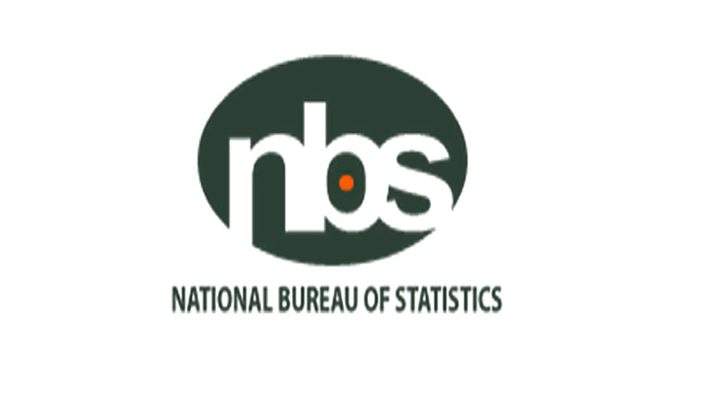Nigeria’s Inflation to Maintain Upward Trend, Analysts Warn
Ahead of the release of the National Bureau of Statistics’ report on Nigeria’s inflation for June 2024, experts have projected that the country’s inflation rate will continue to rise, albeit at a slower pace. In May 2024, inflation reached a 28-year high of 33.95 per cent, up from 33.69 per cent in the preceding month.
Experts have attributed the persistent rise in inflation to ongoing structural challenges in agriculture, including insecurity in food-producing regions, high transportation costs, and the continuous depreciation of the naira. Food inflation and core inflation grew at a slower pace in May 2024, hitting 40.66 per cent and 27.04 per cent respectively, due to a modest increase in the prices of some food items.
Meristem, a research firm, projected that the uptrend in food inflation will persist in June 2024, driven by lingering challenges in the sector. The firm attributed the challenges to the infestation of tomato leaves, which led to higher prices for staples like tomatoes and yams, as well as increased demand during the Eid-el-Kabir celebration and rising importation costs.
The Central Bank of Nigeria (CBN) is expected to hike the benchmark lending rate to tackle inflation. The CBN governor, Dr Olayemi Cardoso, has maintained that the Monetary Policy Committee will keep interest rates high to tackle inflation. The MPC has raised the Monetary Policy Rate (MPR) by 650 basis points since the beginning of the year, bringing the rate to 26.25 per cent as of May 2024.
The CBN is due to meet later this month to discuss monetary policy. Analysts at Cowry Assets Management Limited projected an even higher inflation figure of 34.25 per cent, citing concerns about supply chain disruptions, currency depreciation, and the impact of climate change on agriculture.
As the inflation figure is projected to trend upward, the CBN is expected to take action to address the issue. The CBN governor has emphasized the need to prioritize inflation control, stating that the MPC will do what is necessary to tame inflation.
The impact of rising inflation on households is significant, with basic staples like rice, beans, and vegetables becoming increasingly unaffordable. The food index constitutes over 51 per cent of the inflation basket, and rising prices in fundamental food commodities are driving the escalation.
The Nigerian government is facing a challenging situation, with the need to balance economic growth with inflation control. The outcome of the MPC meeting will be closely watched by markets and analysts, who are expecting a rate hike to tackle inflation.
